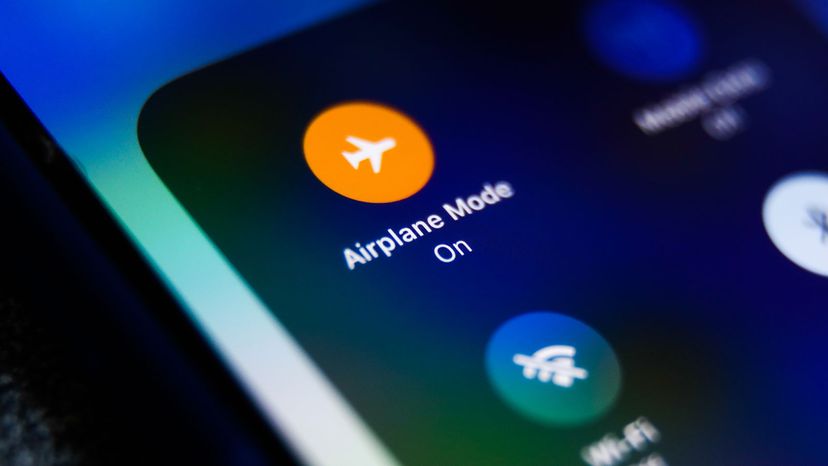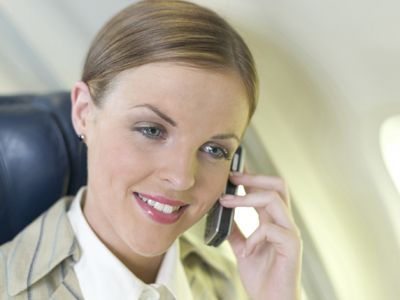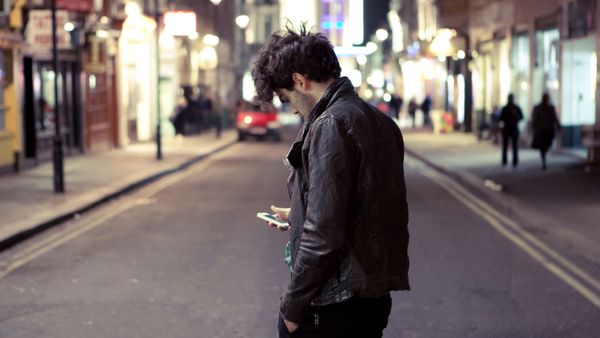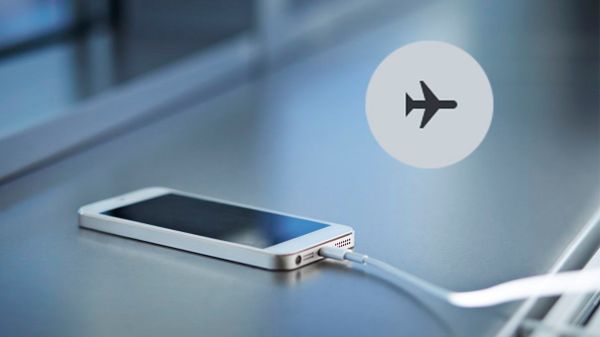"We are not aware of any technology that enables airline crews to identify someone who may be trying to make an in-flight call with a cellular phone," an FAA representative explains to us via email.
That said, if you try to make a call, you're likely to get caught, because "cabin crews or other passengers likely would be able to see whether a passenger is talking on a cell phone while a plane is airborne," the representative added.
The potential of cell phones to interfere with ground networks is probably more of a potential problem these days, according to Bilén. A bunch of people making calls while moving rapidly through the air theoretically could be pinging cell towers all over the place, taxing the ability of the cellular system to process and hand off the calls to the next cell in the network.
In practice, at normal cruising altitude of 36,000 feet (11 kilometers), "if you do have your cell connection on in the air, you probably won't get any cell towers," Bilén says. "The cell towers don't expect there to be traffic in the air, so their radiation patterns are focused on the ground."
It's probably only when planes descend to less than 10,000 feet (3 kilometers), as they get closer to landing, that passengers could flip on their cell phones, connect and cause interference.
Interestingly, a 2017 study by travel insurance provider Allianz Global Assistance found that 55.5 percent of Americans would be interested in the ability to make free cellular calls throughout an entire flight. Reasons cited included to make emergency calls, to stay connected with friends and family, to coordinate a pick-up at their destination and to remain connected to work.



